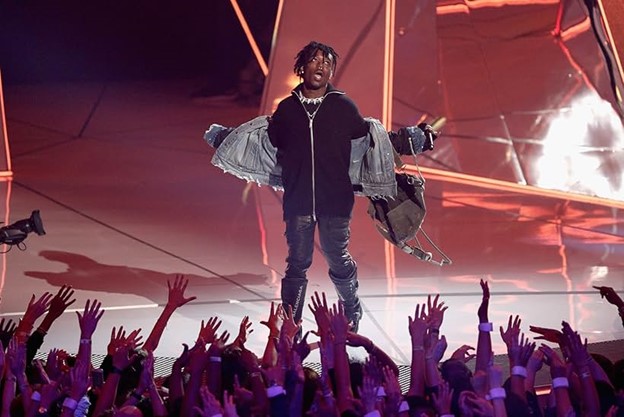Last Wednesday night at Food for Thought Books, author and activist Jeff Conant came to speak about his new book, “A Poetics of Resistance: The Revolutionary Public Relations of the Zapatista Insurgency.” For those unversed, the Zapatistas are a revolutionary group in Chiapas, Mexico that has been fighting for their rights to live as first world citizens since 1994 and have declared war against the Mexican state.
Although much has been written about the Zapatista movement, Conant had a unique perspective to write about. Rather than focusing on the history of the movement and the famous communiqués of its charismatic and mysterious leader Subcomandante Marcos, the book focuses on the ideology and communication techniques the movement takes advantage of.
Jeff Conant, who makes his home in the San Francisco Bay area, spent three years living among the Zapatistas and did plenty of legwork in order to make his book as true to the message the Zapatistas are trying to convey as possible.
The face that the Zapatistas present to the world is a very deliberate one, with very deliberate symbolism. Subcomandante Marcos himself never takes off his mask, so although he is the “figurehead” of the movement, nobody really knows what he looks like. Marcos himself has said that this is so his message can easily fit in with any oppressed group on the planet. Any minority group that experiences repression and is fighting back can relate to the masked figure. Marcos wants his message of anti-capitalism and respect for indigenous peoples to reach across the globe, so that the problems that are being fought over in Mexico can serve as an example for the rest of the world.
Analyst Naomi Klein described the reasons for Marcos’ mask very effectively when she wrote, “Marcos, the quintessential anti-leader, insists that his black mask is a mirror, so that ‘Marcos is gay in San Francisco, black in South Africa, an Asian in Europe, a Chicano in San Ysidro, an anarchist in Spain, a Palestinian in Israel… and, of course, a Zapatista in the mountains’. In other words, he is simply us: we are the leader we’ve been looking for.”
The discussion after Conant spoke about his book was intriguing and at times heated, as people argued on what needs to be done in order to help the movement succeed and on what it means for the state of the rest of the world. Some members of the audience were very well versed in the subject, and spoke at length on the toys produced in Marcos’ likeness, his communiqués to the media, the interviews conducted with other parts of Zapatista leadership, and of course the revolution itself. The question of “what counts as indigenous” sprung up many times during the debate, and seemed to be one of the larger points of contention of the night.
Jeff Conant has written fairly regularly for Alternet, an online activist news service that provides news on injustice in the world and what can be done to change things. He is also a blogger and produces a number of radio shows for the National Radio Project. Conant writes and speaks mainly on activist issues such as poverty, governmental oppression and the poor state of clean worldwide water. He has written one work previous to this, titled “A Community Guide to Environmental Health.”
Conant’s book is for sale at Food For Thought Books and most other bookstores.
Mike Selden can be reached at [email protected].






